Assessing the impact of the COVID-19 pandemic on gender inequality in Zambia
In Zambia, almost one in three girls is married and falls pregnant before her 18th birthday (UNICEF, 2020). Over 40% of Zambian women and girls have experienced sexual and/or physical violence in their lives.
In light of this, our project puts specific focus on three central indicators of gender inequality, namely (1) gender-based violence (SDG target 5.2), (2) child and forced marriage (SDG target 5.3), and (3) sexual and reproductive health (SDG target 5.6).
This research will provide crucial insights into the immediate harms that the pandemic puts onto young women and girls. Knowledge on which groups are most vulnerable is vital information for policy-making and can help channelling emergency relief and support mechanisms towards the families and girls most at-risk.
Please find a more detailed overview on our project page.
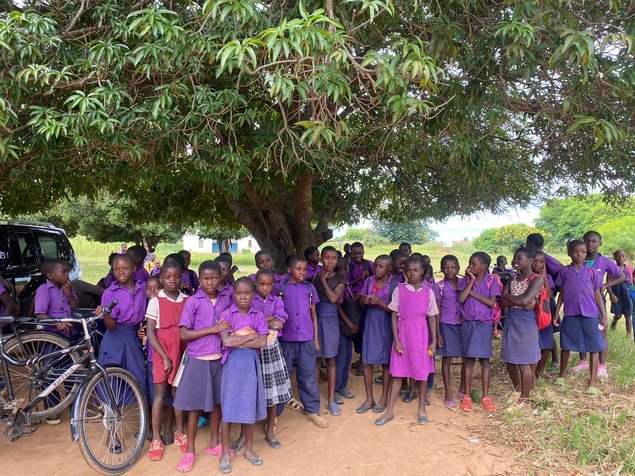
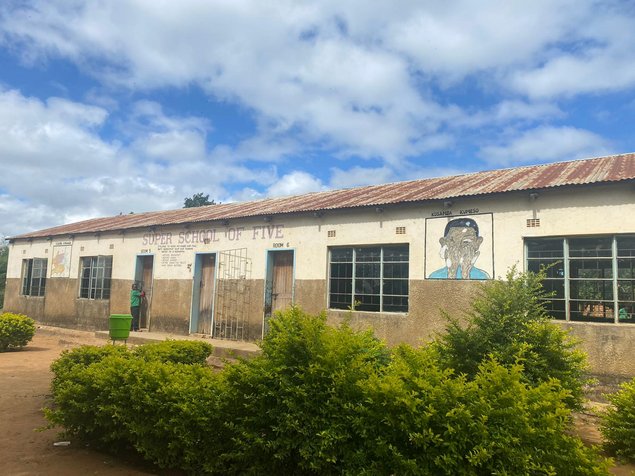
Photo Credit: Elizabeth Tarney
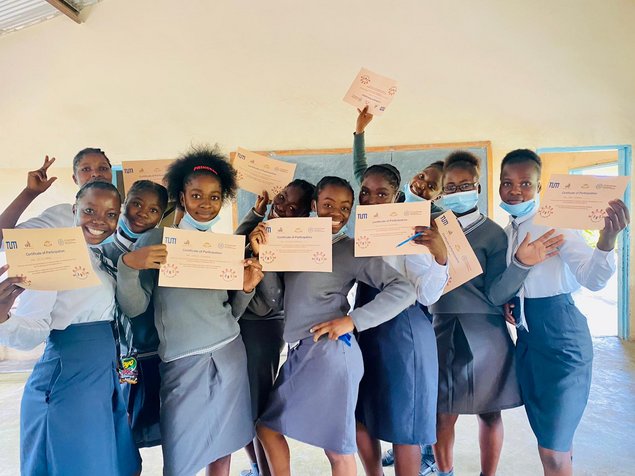
Photo Credit: Elizabeth Tarney
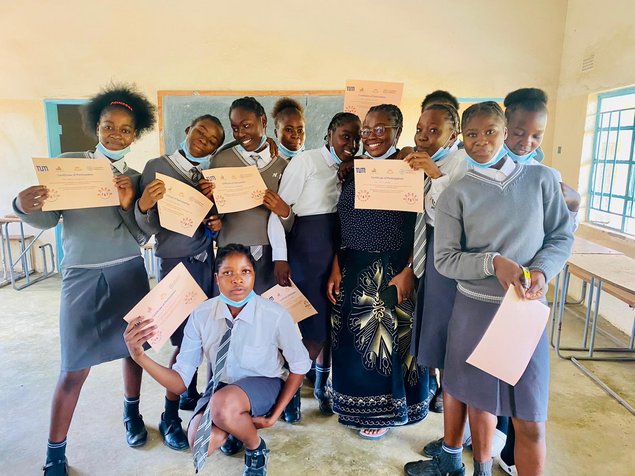
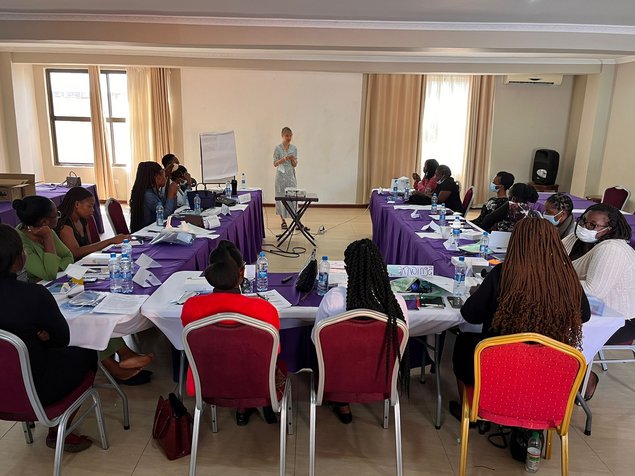
Photo Credit: Ana Garcia-Hernandez
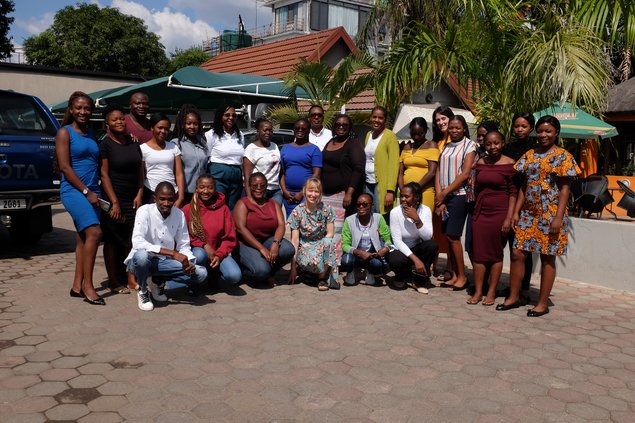
Photo Credit: Nomad´s Court
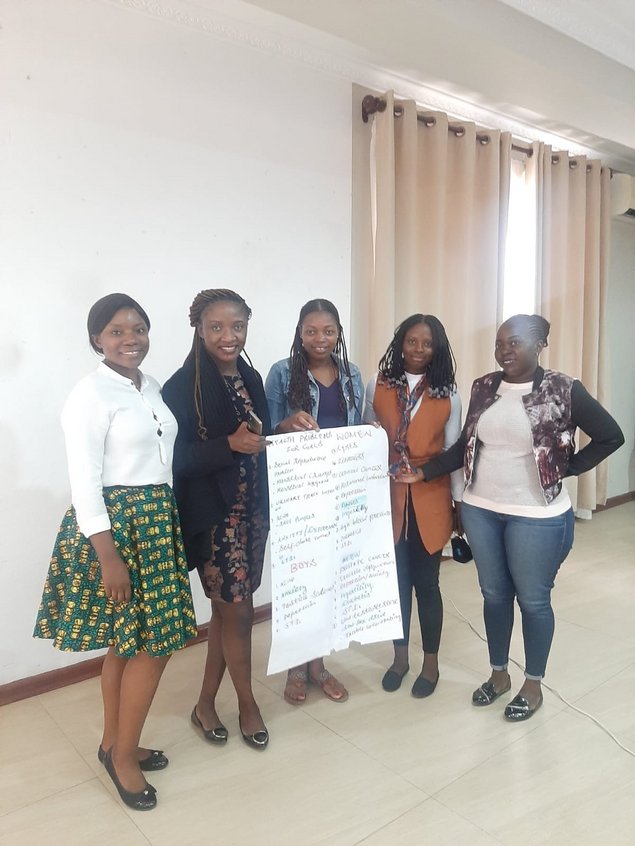
Photo Credit: Janina Steinert
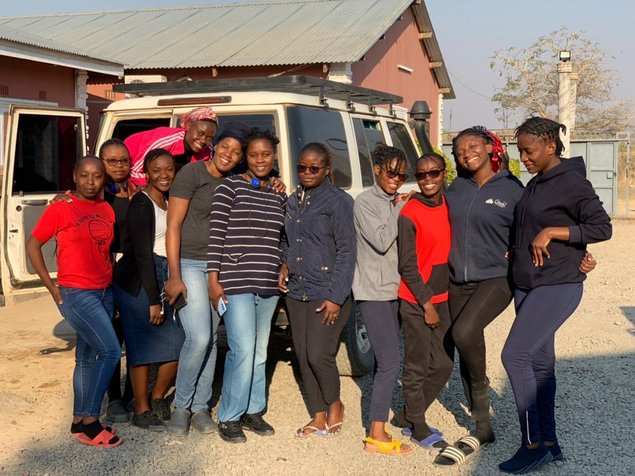
Empowering Girls and Young Women by Enhanced Mobility
For this project, we partner with the NGO World Bicycle Relief (WBR). WBR equips people in need in rural areas with bicycles. In Zambia, their first educational programme world-wide started in 2009. The pupils sign a contract over being equipped with a bike to enable them to reach school regularly without missing classes due to their otherwise hourlong walk to school and home chores. The Bicycle for Educational Empowerment Programme (BEEP) is mainly targeting female participants (70%) because they often face multiple obstacles for continuing seondary school. Equipping especially them with bicycles can help reduce their risk of school dropout and open up opportunities for them to position at better jobs, decrease chances of being affected by transmittable diseases and have a more active role in family planning.
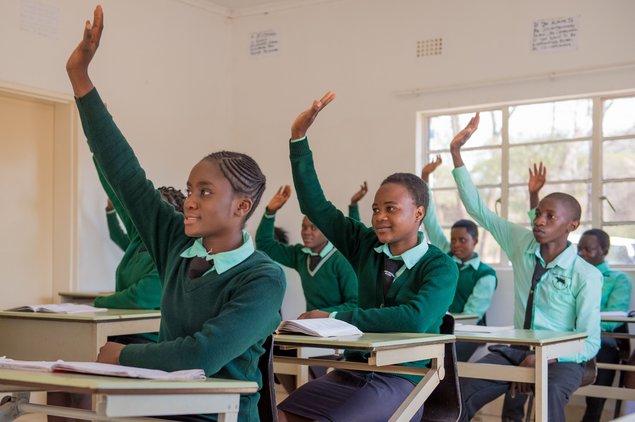
Photo Credit: World Bicycle Relief
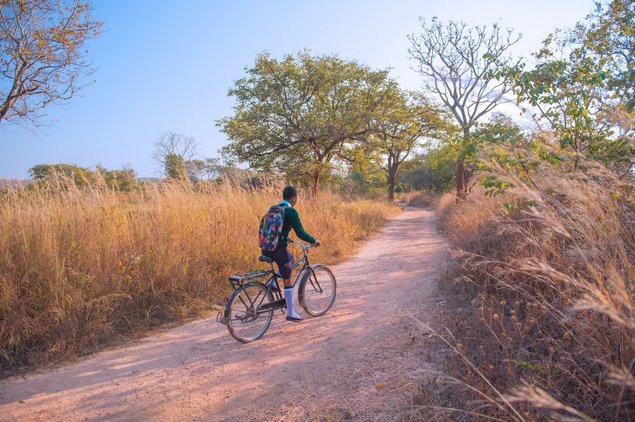
Photo Credit: World Bicycle Relief
Impact of the COVID-19 Pandemic on Child Marriage, Sexual and Reproductive Health, and Domestic Violence in India
UNICEF estimates that 1.5 million girls in India are married before reaching adulthood each year and up to one in four Indian girls give birth during adolescence. Recent estimates suggest that one in eight women was exposed to physical and/or sexual violence in the previous year. We aim at understanding the pandemic’s impact on child marriage, sexual and reproductive health, and domestic violence in India as well as unpacking underlying mechanisms. You can find more details on our project page.
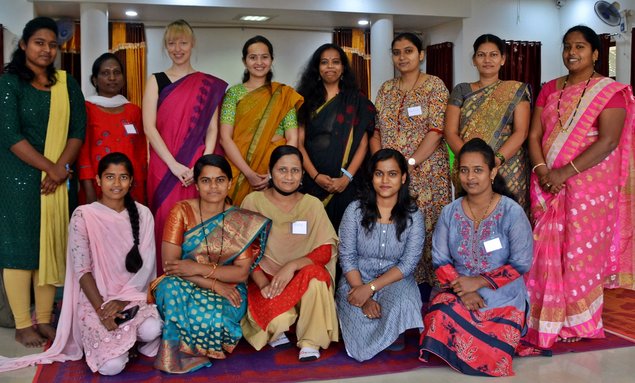
Photo Credit: Nihar Sapre
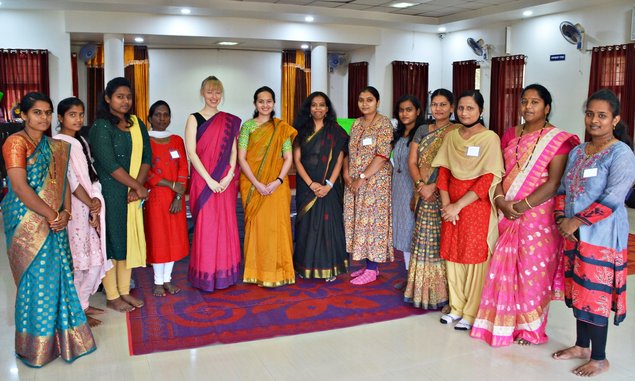
Photo Credit: Nihar Sapre
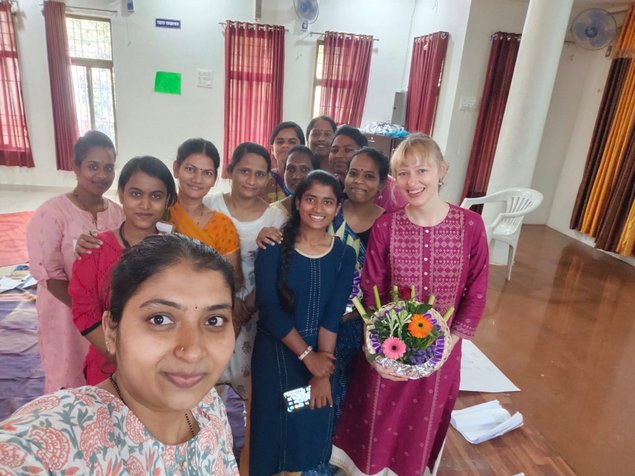
Photo Credit: Jayshree Kamble
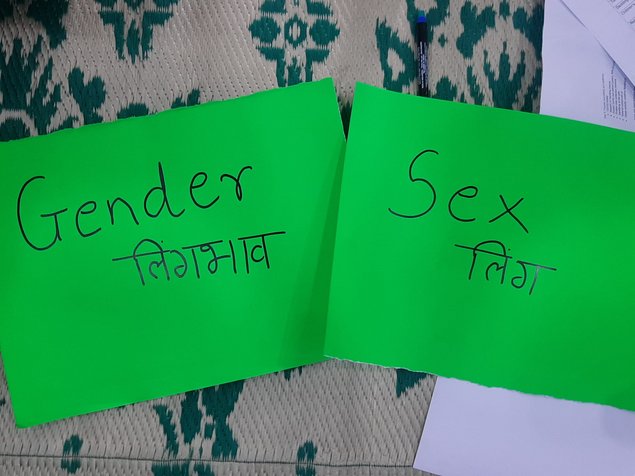
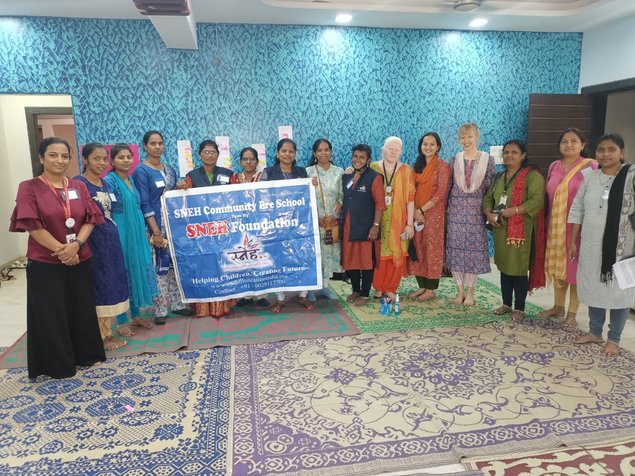
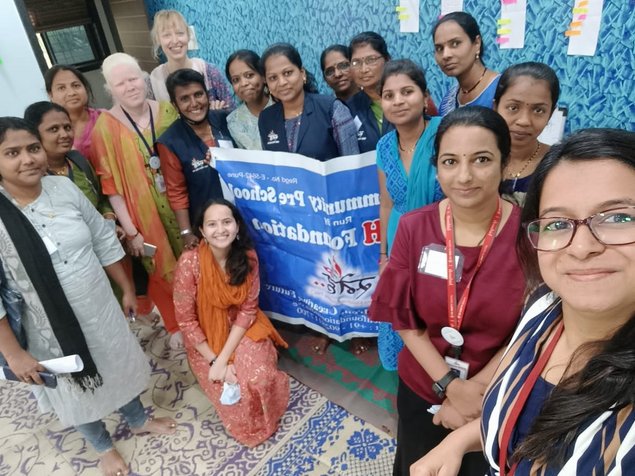
Photo Credit: Shraddha Deo
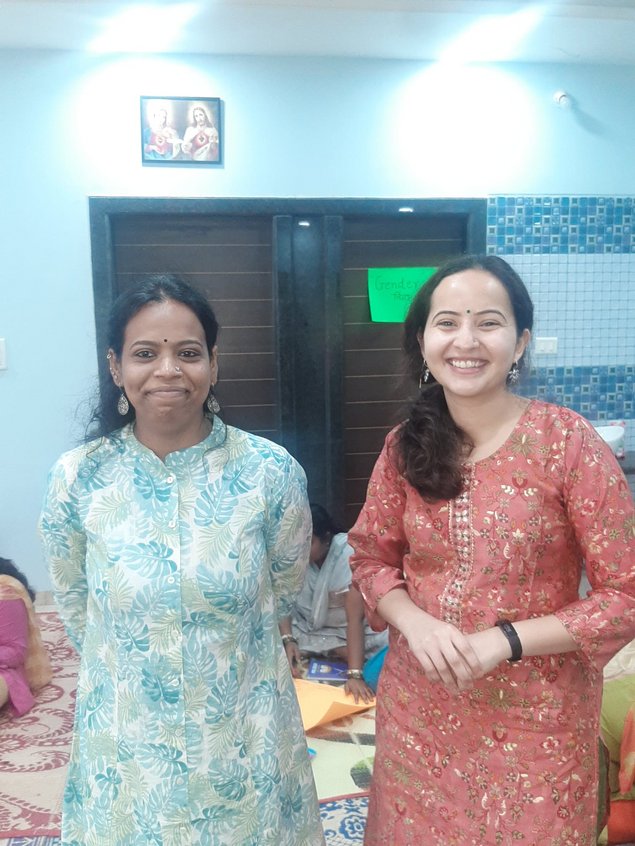
Photo Credit: Janina Steinert
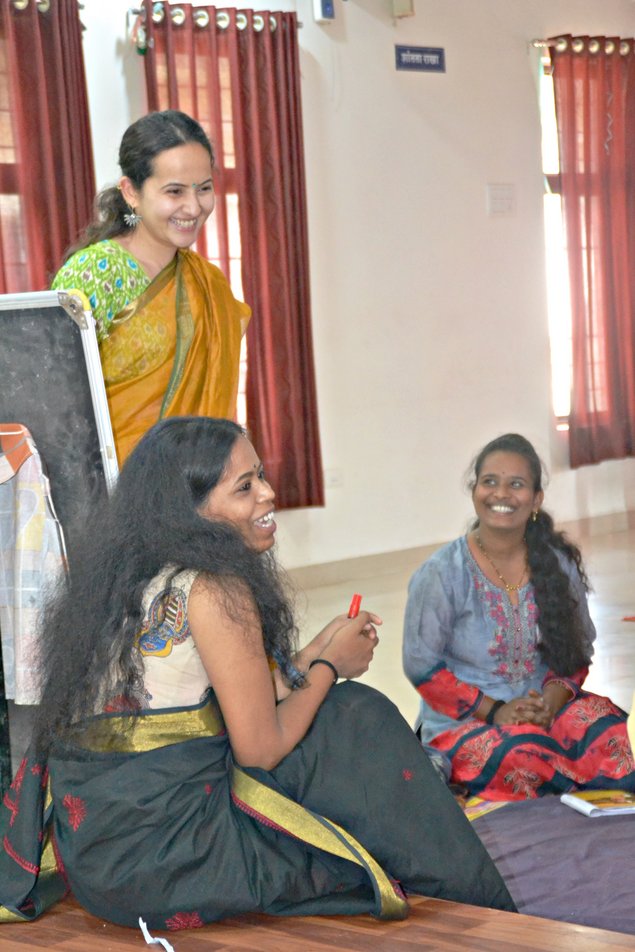
Photo Credit: Nihar Sapre
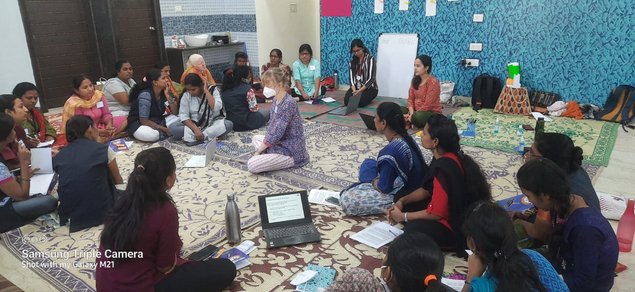
Photo Credit: Rucha Vasumati Satish
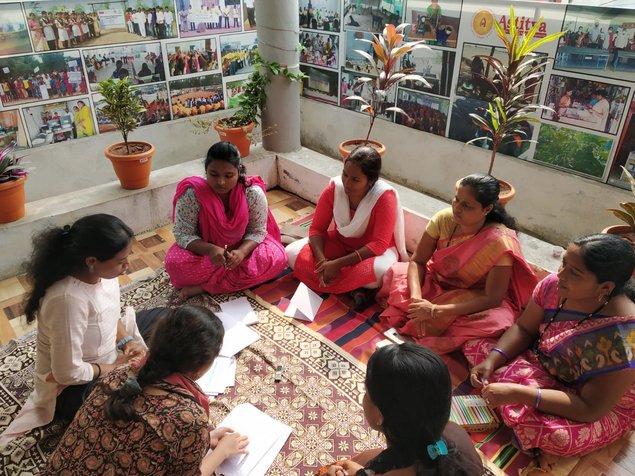
Photo Credit: Shruti Shukla
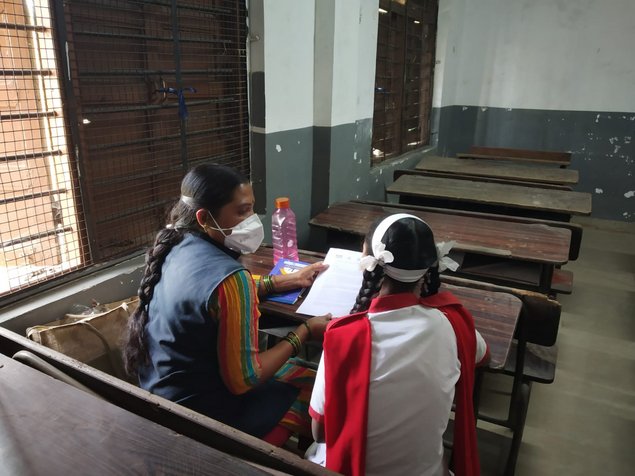
Photo Credit: Shruti Shukla
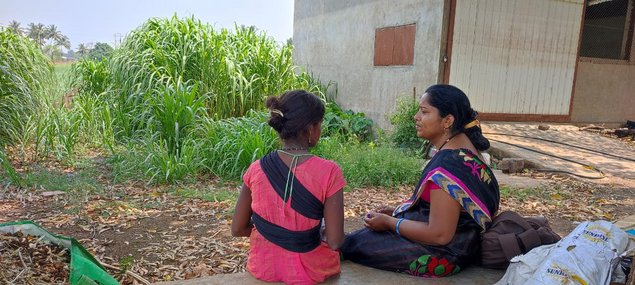
Photo Credit: Rucha Vasumati Satish
Impact Evaluation of a Saving Intervention in Indian Slums
In this project, we test the effectiveness of a community-based intervention in promoting savings behaviour among low-income slum dwellers in urban and peri-urban settings in Pune, India. Specifically, we distribute sealed savings boxes to 1525 participants. 50% of participants are randomised into the treatment group in order to receive an additional portable savings device (a "carry-around" purse). We test whether the labelling and reminder function of this portable savings device can reduce impulsive spending and increase savings rates more effectively than a stationary commitment device only. We also investigate effects on overall household spending patterns, self-efficacy, resilience to health shocks, and female empowerment.
For more details please visit our project page.
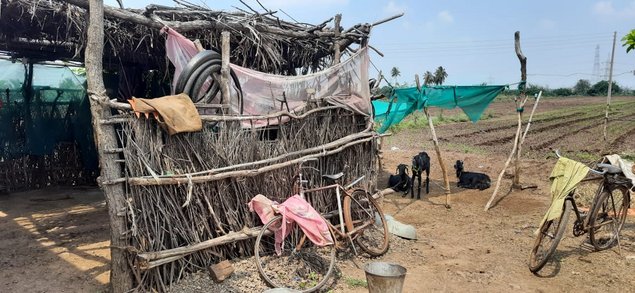
Photo Credit: Rucha Vasumati Satish
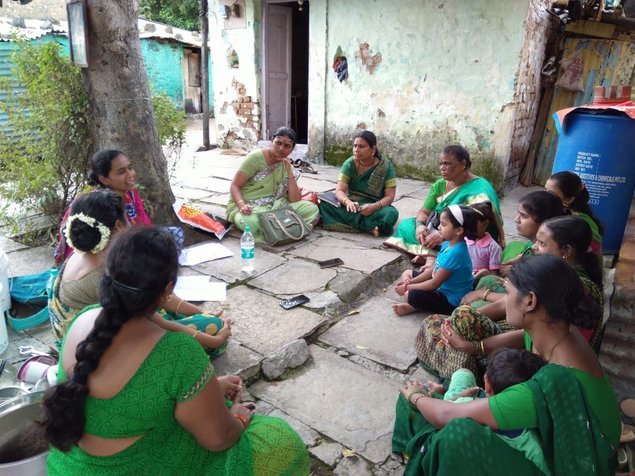
Photo Credit: Rucha Vasumati Satish
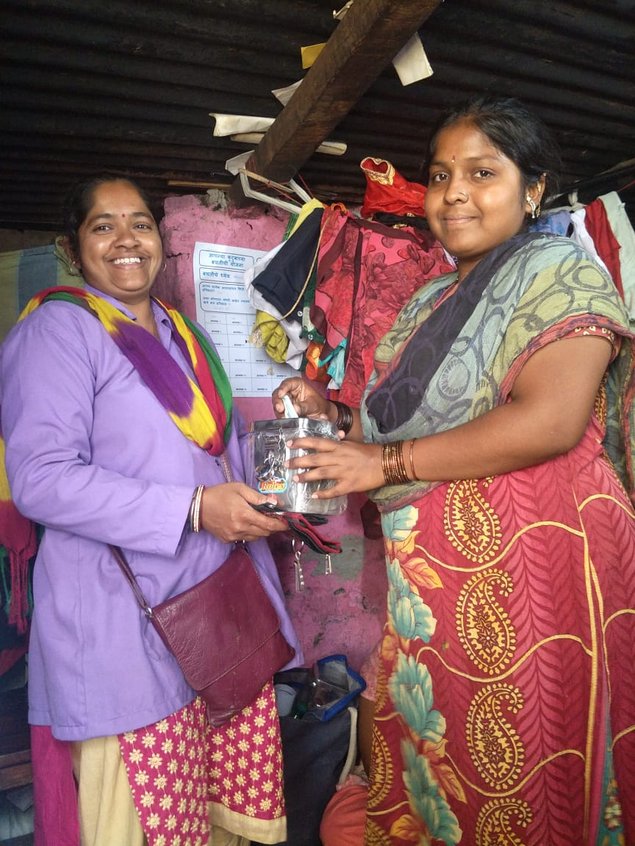
Photo Credit: Rucha Vasumati Satish
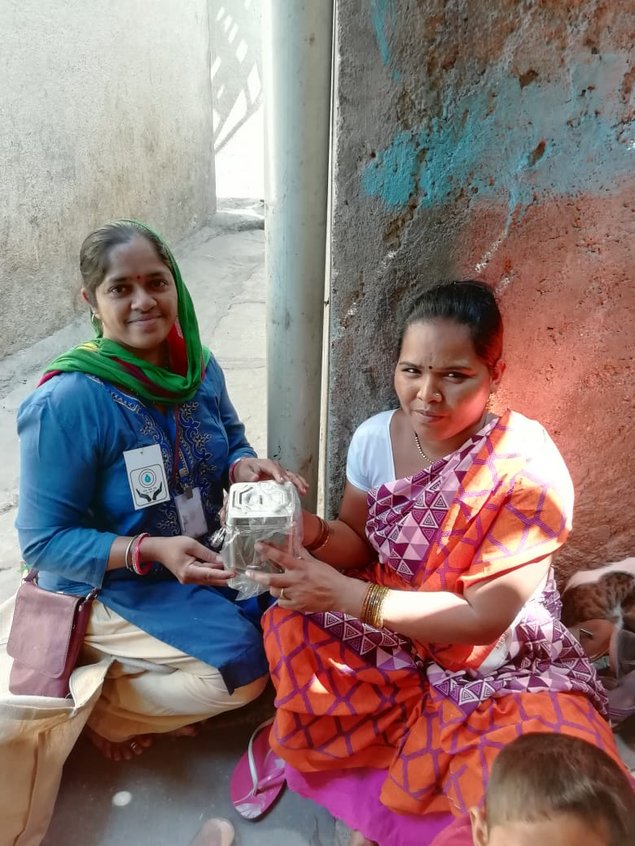
Photo Credit: Rucha Vasumati Satish
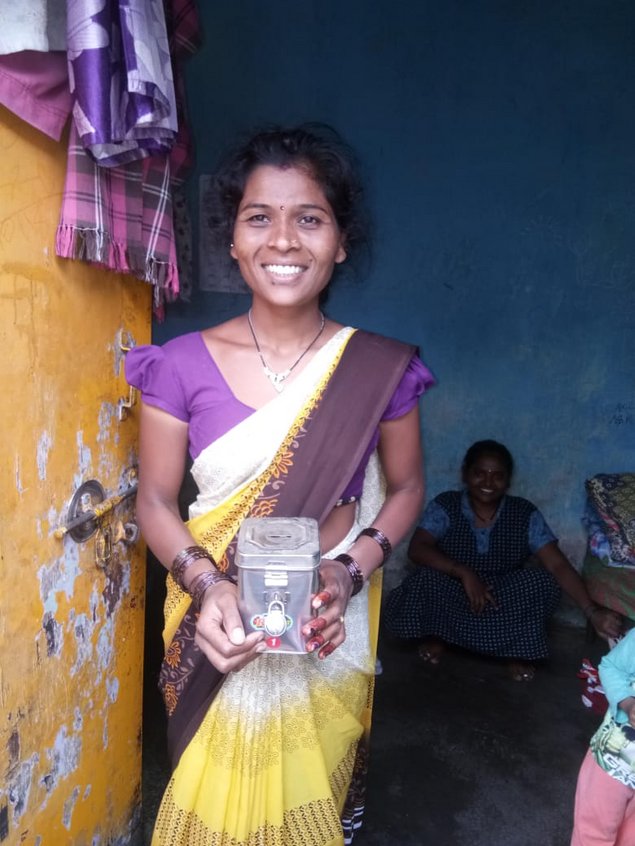
Photo Credit: Rucha Vasumati Satish
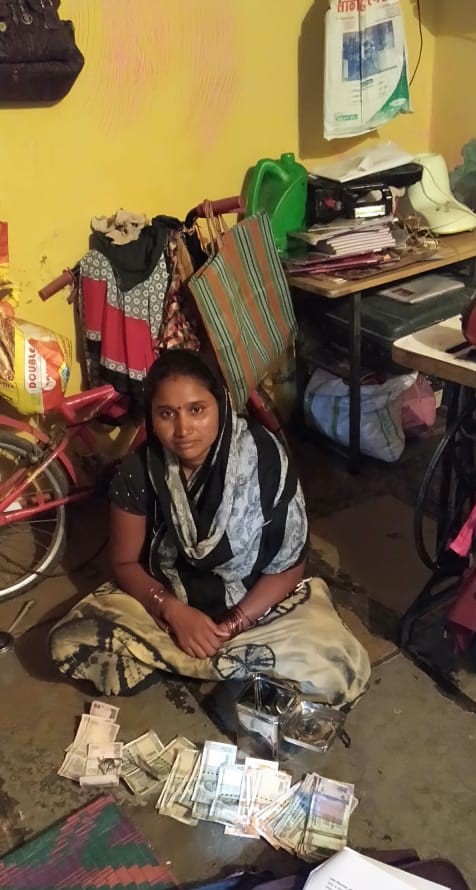
Photo Credit: Rucha Vasumati Satish